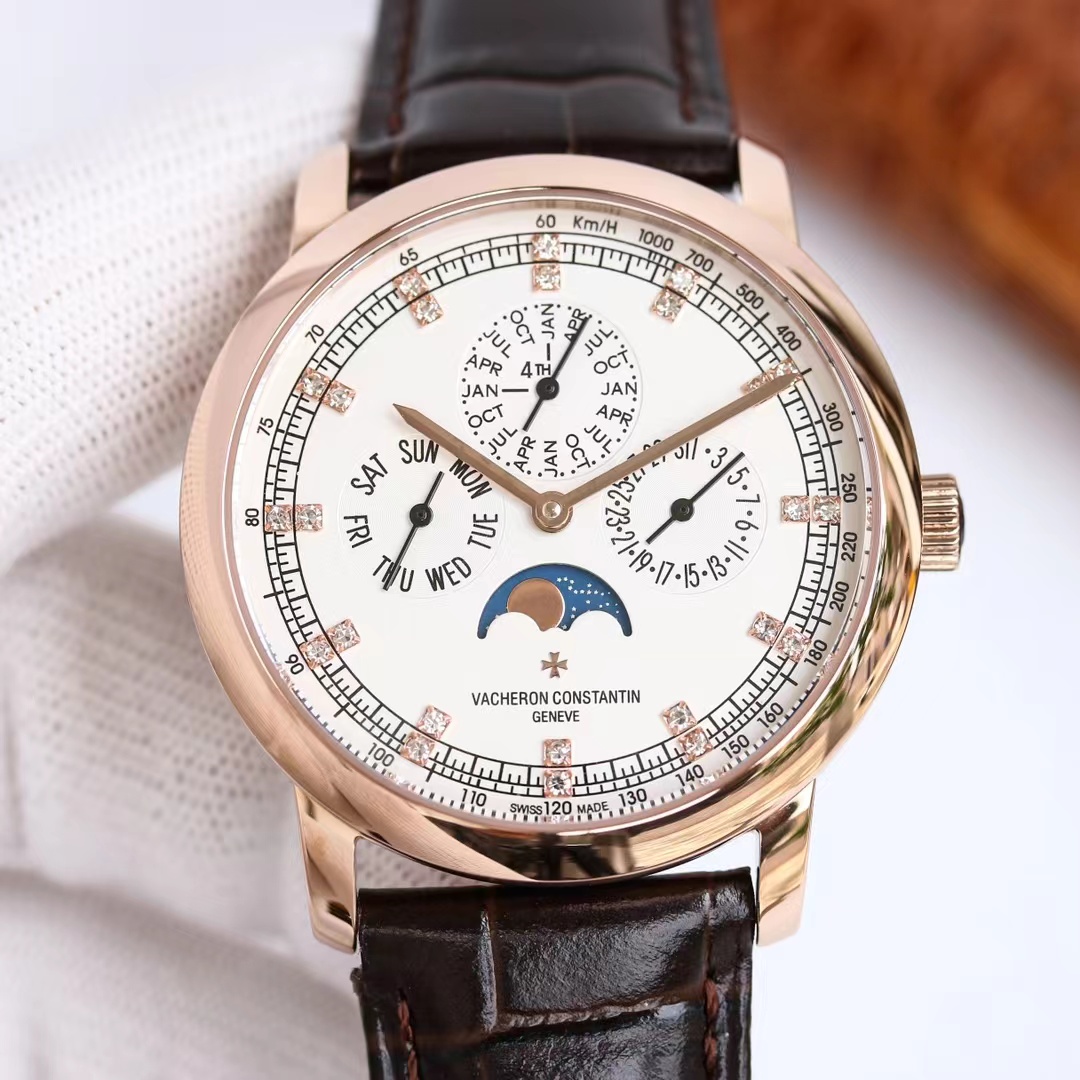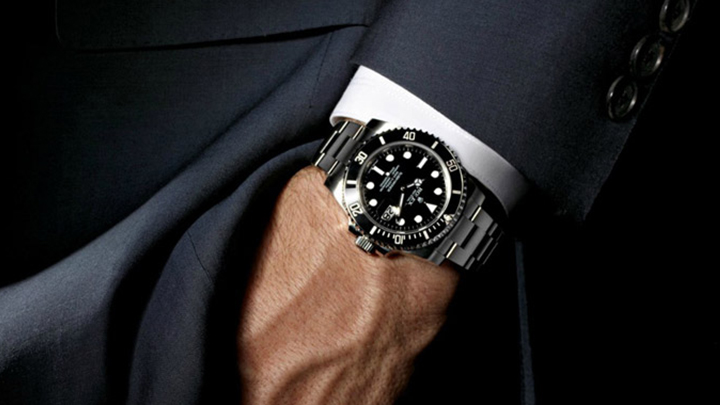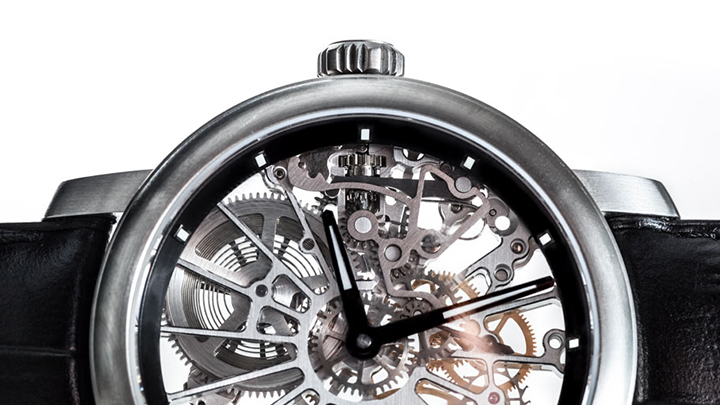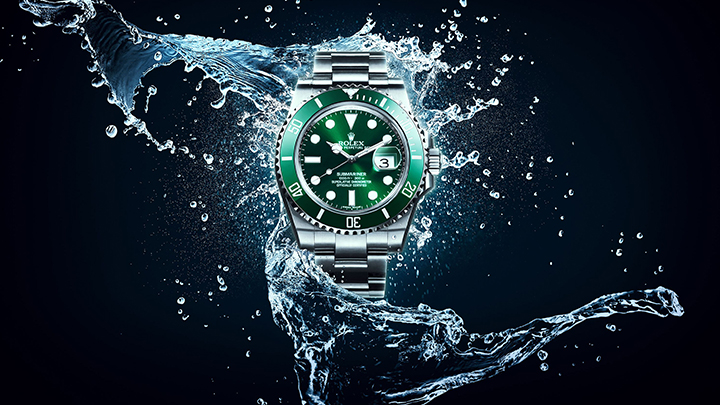How to Choose a Luxury Watch
Selecting a luxury watch is a significant investment, often marked by both financial commitment and personal preference. A luxury timepiece is more than just a device to tell time; it is a symbol of status, craftsmanship, and timeless style. Here are key factors to consider when choosing a luxury watch.
1. Brand Heritage
The brand of the watch often speaks volumes about its quality and prestige. Renowned brands like Rolex, Patek Philippe, Audemars Piguet, and Omega have a long-standing history of excellence in watchmaking. Researching the brand’s history, reputation, and legacy can provide insight into the quality and value of their timepieces.
2. Purpose and Lifestyle
Consider the primary purpose of the watch and how it fits into your lifestyle. Are you looking for a dress watch, a sports watch, or a versatile timepiece that can be worn on various occasions? A dress watch like the Patek Philippe Calatrava is ideal for formal events, while a sports watch such as the Rolex Submariner is perfect for an active lifestyle.

3. Movement
The movement, or the mechanism that powers the watch, is a crucial factor. There are two main types: mechanical (manual or automatic) and quartz. Mechanical movements, especially those handcrafted by skilled artisans, are highly valued for their complexity and craftsmanship. Automatic movements, which wind themselves using the wearer’s motion, are convenient and also showcase fine engineering. Quartz movements, powered by a battery, offer precision and low maintenance.
4. Materials
Luxury watches come in various materials, including stainless steel, gold, platinum, and titanium. Each material has its own aesthetic and practical benefits. Gold and platinum watches exude elegance and are often chosen for their luxurious appeal. Stainless steel and titanium, on the other hand, are known for their durability and sporty look.
5. Design and Aesthetics
The design of the watch should resonate with your personal style. Pay attention to the dial, case size, strap material, and overall look. Some prefer a minimalist design, like that of the Nomos Tangente, while others might lean towards a more intricate and bold design, such as the Audemars Piguet Royal Oak.
6. Complications
Complications are additional features beyond the basic timekeeping function. These can include chronographs, moon phases, perpetual calendars, and dual time zones. While these features add functionality, they also increase the watch's complexity and often its price. Decide which complications are necessary for you and which ones are merely desirable.
7. Resale Value
Consider the watch’s potential resale value. Some luxury watches appreciate over time, making them not just a purchase but an investment. Brands like Rolex and Patek Philippe are known for their strong resale value due to their limited production and high demand.
8. Authenticity and Certification
Ensure the watch’s authenticity by purchasing from authorized dealers or reputable sellers. Check for certifications and documentation that confirm the watch’s genuineness and provide warranty information.
9. Fit and Comfort
A luxury watch should feel comfortable on your wrist. The fit, weight, and size of the watch are crucial for long-term wear. Visit a store to try on different models and find the one that feels right for you.
10. Budget
Set a realistic budget based on your financial situation and stick to it. Luxury watches can range from a few thousand dollars to several hundred thousand dollars. Remember, the value of a watch is not solely determined by its price but by its craftsmanship, heritage, and personal significance.
Conclusion
Choosing a luxury watch is a deeply personal and rewarding experience. By considering factors such as brand heritage, purpose, movement, materials, design, complications, resale value, authenticity, fit, and budget, you can make an informed decision that aligns with your style and needs. A well-chosen luxury watch is not just a timekeeping device but a timeless piece of art that can be cherished for generations.




